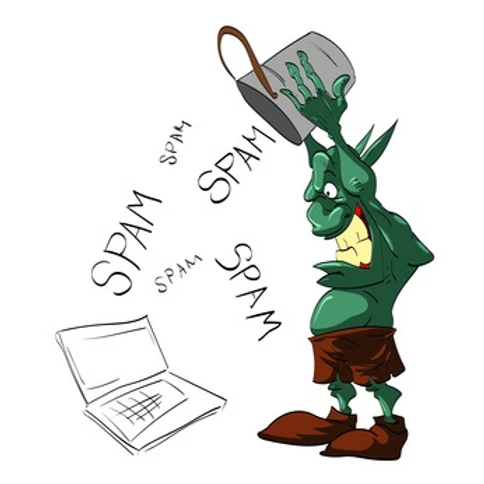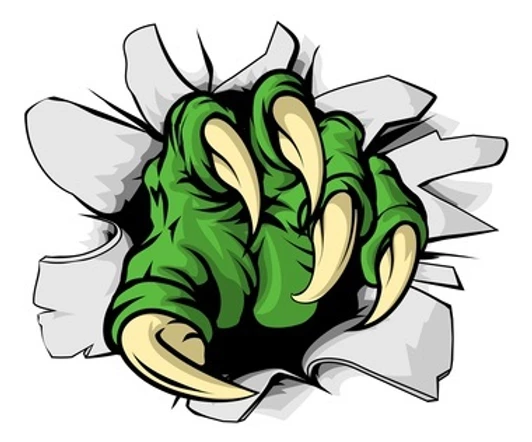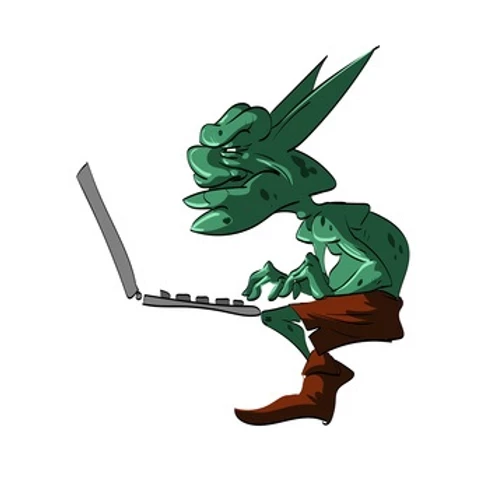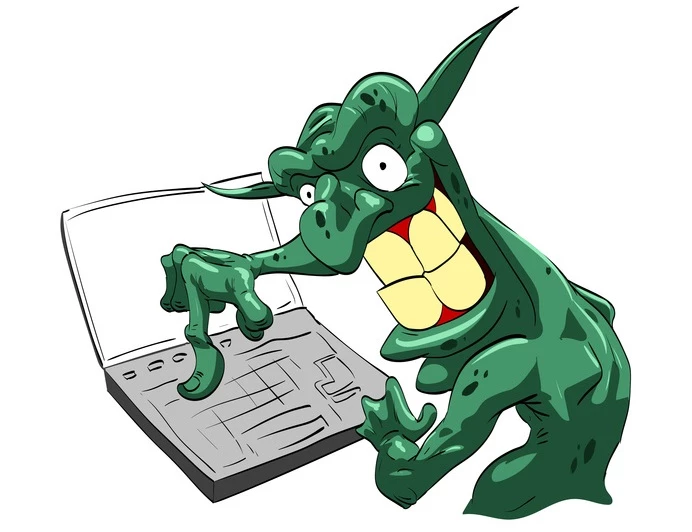When we partner with a brand or agency, we offer an assurance that the job will be done right. Our reputation lies in the protection of your reputation, and so we guard your brand (and/or client) like…well, a guard dog…
Find out more and contact Rebecca.
I was prompted to think about trolls the other day. If you’re a fantasy role-play nerd, this might excite you to contribute your anecdote about “that time when I…”, but no. We are, of course, talking about internet trolls. Amazingly, less cute and more trouble to get rid of.
There’s been some interesting research about internet trolls, where they come from and why they exist, the psychology, the sociology, the pathology. Having recently read a history of the French Revolution (Eric Hazan’s “A People’s History of the French Revolution”), it struck me that there was probably a conversation at Versailles where the King asked “Is this Marat trolling me?” Different era, different technology, same deal.

So, there’s perhaps nothing new about ‘trolling’ as such, save that we have handed the 21st century Marat a much larger printing press. One day, we are going to find our first cave painting where the comments section still exists, and we’ll see that right from the start there have been people yelling “Wake up, Sheeples!” after screaming their version of the truth. The subjects may change, but the message is always the same: “You’re wrong, I’m right… the Earth is round!” (as they started trolling 500 years ago).
What a lot of this academic study doesn’t cover is the question any brand is going to know the answer to. Namely: “Why is this happening to us?”, which will be closely followed by “What can we do to get rid of it?”
Trolling is both mind-numbingly predictable, and baffling random. One second you’re talking about maps – boom! – now you’ve attracted a troll who wants to derail your discussion into a diatribe about Palestine. Sometimes, your brand is naturally affiliated with a position that draws hostile comment, such as cosmetic brands, or people who offer around the world cruises. Sometimes, you’re pretty much troll-neutral as a brand, but a tweet or a clever meme gets out of hand.

The bottom line is that you can’t avoid trolls, even if you censor yourself to the point of anonymity. Somewhere out there is someone who doesn’t like your toothpaste, and is going to link it to the loss of wildlife habitat in Antartica. If you’re online (and who isn’t), they will find you eventually.
So, what to do about it? First, I want to emphasise that trolls are a different version of humanity who don’t respond to the normal rules of discourse. If you say something, and another (normal) person doesn’t like it, they might say “I don’t like this” on your feed, but then that’s it. You respond or you don’t, but it’s done.
A troll, though, has an agenda. And nothing you can do will deflect or calm that sense of mission they have to educate the misguided. When a troll latches onto you, they stick around like that ugly jumper you bought when it was fashionable for twenty minutes. Every time you look in your wardrobe, there it will be.
One quick caveat here: there are people who act like trolls, but who don’t have this limpet-like quality. They are fire-and-forget trolls, who wreak their havoc but don’t even hang around to see how anybody responds because they are off to a new venue. You still have to deal with the effects of their passing, but they’re not going to completely overturn your stall. Sensible moderation practices will catch them as easily as you get read of someone who F-bombs your Facebook page.

But how do you avoid getting dragged into the swamps wherein the real trolls reside? Well, there are really only three methods. Ignore, delete, respond. They all have their difficulties, but there’s only one method that can have a good outcome for you, long term.
Ignoring the problem is a hideous mistake. Some brands believe they can rely on their advocates, their community, to police the problem. But even well-meaning amateur ambassadors for your brand will make the key mistake of expanding the discussion. You started by posting, let’s say, a positive remark about research into, oh, I don’t know… peanut allergies. The troll picks up on this, and now your community is singing the chorus to the verse the troll added, leaving your original post at the back of the room, waving its hand and calling out: “Excuse me!” A little later, and you find yourself deleting a post from a well-meaning advocate who misrepresented your position accidentally, and now the whole thing has imploded.
It’s your page, your thread, your account. Own it: don’t leave it to others to defend.

Deleting can work, especially if you catch the original trolling remark early, and especially if you’ve got lucky and the troll is of the fire-and-forget kind. Good moderators can develop a really good ‘ear’ for when a conversation is about to derail, and they kill the remark that’s going to do that before the storm develops. Do it fast, and acknowledge the fact you did it, and then be ready for the sub-set of trolls who may now bombard you with accusations about censorship vs free speech. Have a line you are ready to defend with regard to your moderation policies, and why you delete some comments, and deploy when necessary. If the troll comes back, delete again and again, explaining why. Don’t let it get personal; stick to your principles.
And finally, there’s respond. “Actually, sir (it’s nearly always an anonymous sir), our view is that peanut allergies…”. Haul the discussion back to the original subject, make it clear that you’re not going to allow further discussion or digression. Ask a question that’s a sub-set of the original post; commission a poll. Now your advocates should be responding to you, and not the troll.
Good moderation is always about owning the discussion. I worked on a UK national newspaper, and our guidelines started with “Our house, our rules.” Long term, the more you frame the tone of your interactions with commenters consistently in line with the brand values you espouse, the less of a viable target you become. Trolls attract trolls, like a broken window invites the next thrown stone.

StrawberrySocial believes in helping you create a safe, invigorating, valued space where your brand (or, if you’re an agency, your brand clients) and your customers can interact. We listen hard to your brand values, and make them our own, and then work with you to keep the trolls at bay. If your house looks well-protected, the trolls are going to look for someplace else to break into.
That may not be the message the academics who look at trolling would want to end with, but for brand managers everywhere, that’s the goal for now.



 September 24, 2018
September 24, 2018  Share This Post
Share This Post